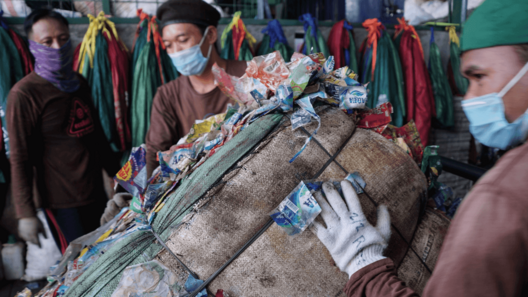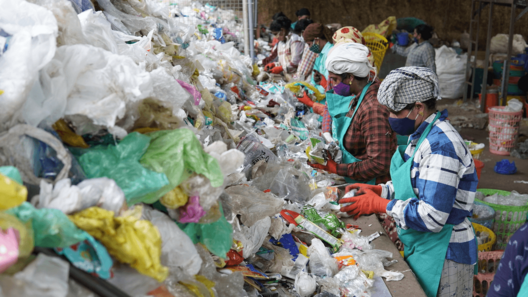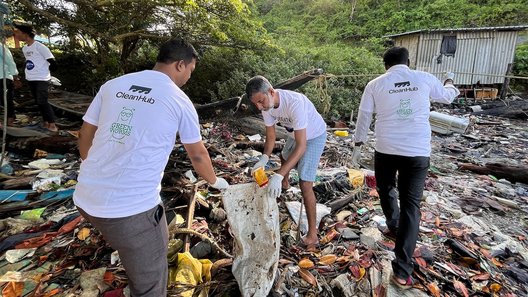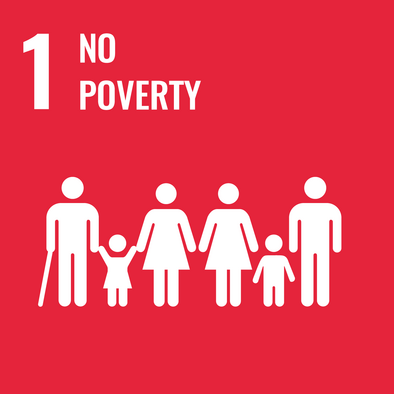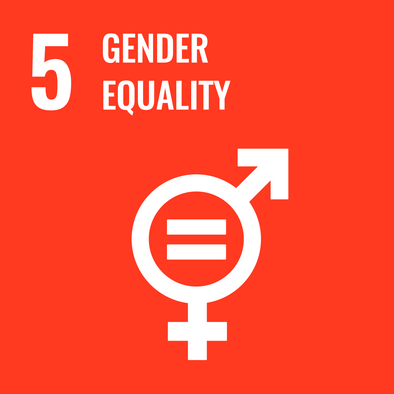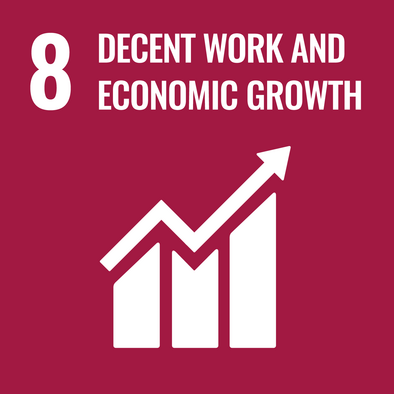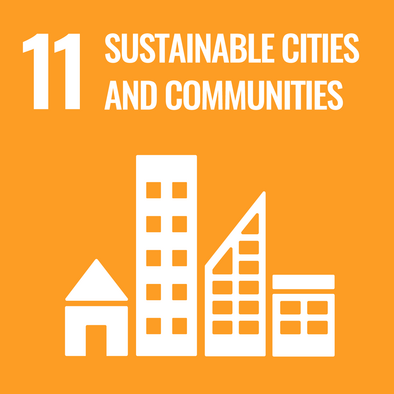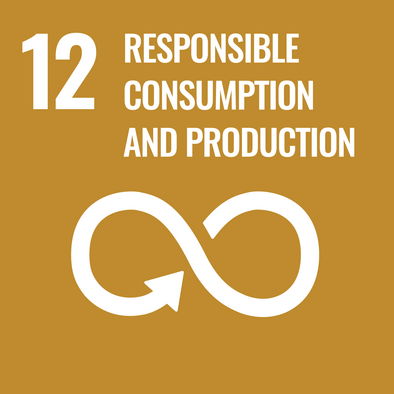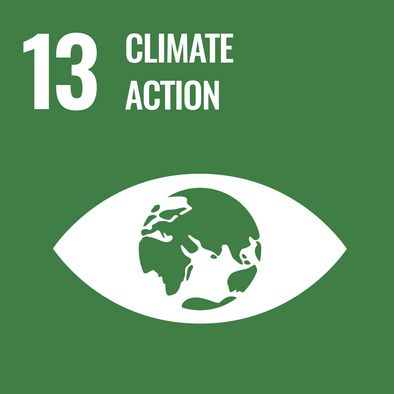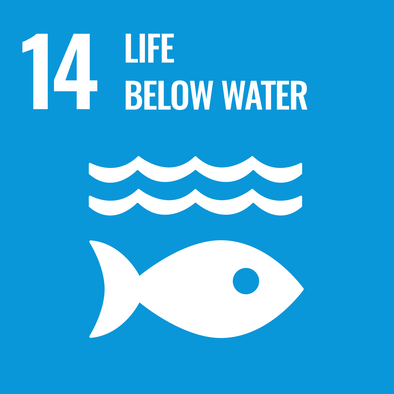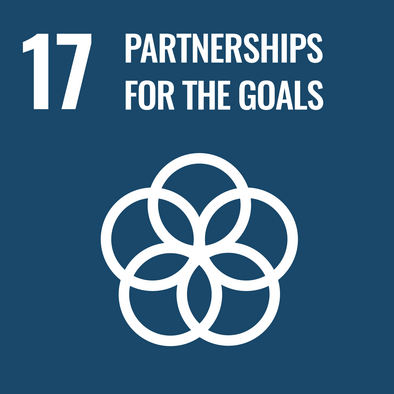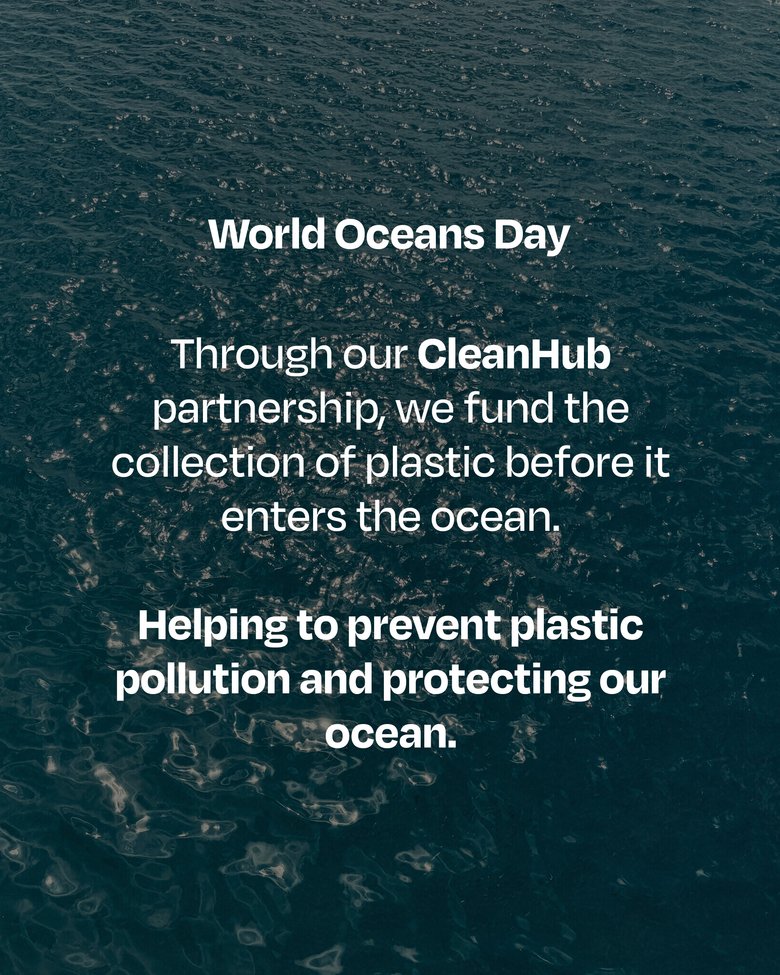
World Oceans Day 2025
June 8, 2025 is World Oceans Day again. A good time again to draw everyone's attention to global plastic pollution.
AlmaWin has been involved with Clean Hub for a year now and its contribution helps to support Clean Hub's fantastic projects. We are continuing this year, because it makes perfect sense to support people on the coasts in tackling plastic waste.
Sustainability is not just a word at Almawin, it is deeply rooted in our philosophy. We have been committed to ecologically responsible cleaning and laundry detergents since our foundation because we believe in the sustainable coexistence of people and nature. Although our packaging concept cannot currently avoid plastic completely, with our pure PE and PET recyclate bottles we are actively committed to a functioning circular economy so that as little plastic as possible ends up in the environment.
One of our main concerns is the fight against plastic pollution, which is threatening our oceans. That's why we teamed up with CleanHub in 2024 to collect and recycle plastic waste in particularly endangered regions.
As of June 4, 2025, Clean Hub has already collected 16,067,994 kg of plastic worldwide. Clean Hub is supported by the funding commitment of its partners. It's great to see how a project like this grows and works. So our commitment makes sense and is worthwhile for us
How does CleanHub work?
We have found a reliable partner in CleanHub. CleanHub organizes waste collection on land, especially for plastic waste.
The collection points in India, Indonesia and Cambodia intercept the waste before it even reaches the environment by collecting it directly from households, rivers and as by-catch from fishermen in the sea. CleanHub is helping to set up these collection systems, giving communities access to waste disposal for the first time to prevent environmental littering and open burning. Each financial contribution helps expand the model to coastal regions around the world and creates stable and dignified jobs for local communities.
Once collected, the waste is sorted into different categories so that each material can be disposed of correctly. Recyclable plastics are sold to local recyclers and non-recyclable plastics are processed in the most environmentally friendly way. All recovered plastics can be tracked via the CleanHub app.
Collection and recycling is ongoing. The We have found a reliable partner in CleanHub. CleanHub organizes waste collection on land, especially for plastic waste. The collection points in India, Indonesia and Cambodia intercept the waste before it even reaches the environment by collecting it directly from households, rivers and as by-catch from fishermen in the sea. CleanHub is helping to set up these collection systems, giving communities access to waste disposal for the first time to prevent environmental littering and open burning. Each financial contribution helps expand the model to coastal regions around the world and creates stable and dignified jobs for local communities. Once collected, the waste is sorted into different categories so that each material can be disposed of correctly. Recyclable plastics are sold to local recyclers and non-recyclable plastics are processed in the most environmentally friendly way. All recovered plastics can be tracked via the CleanHub app. Collection and recycling is ongoing.
The live report shows how much plastic has already been recovered by the CleanHub network. This figure increases every time the collected plastic is finally processed. So we can check every few weeks. The live report shows how much plastic has already been recovered by the CleanHub network. This figure increases every time the collected plastic is finally processed. So we can check every few weeks.
